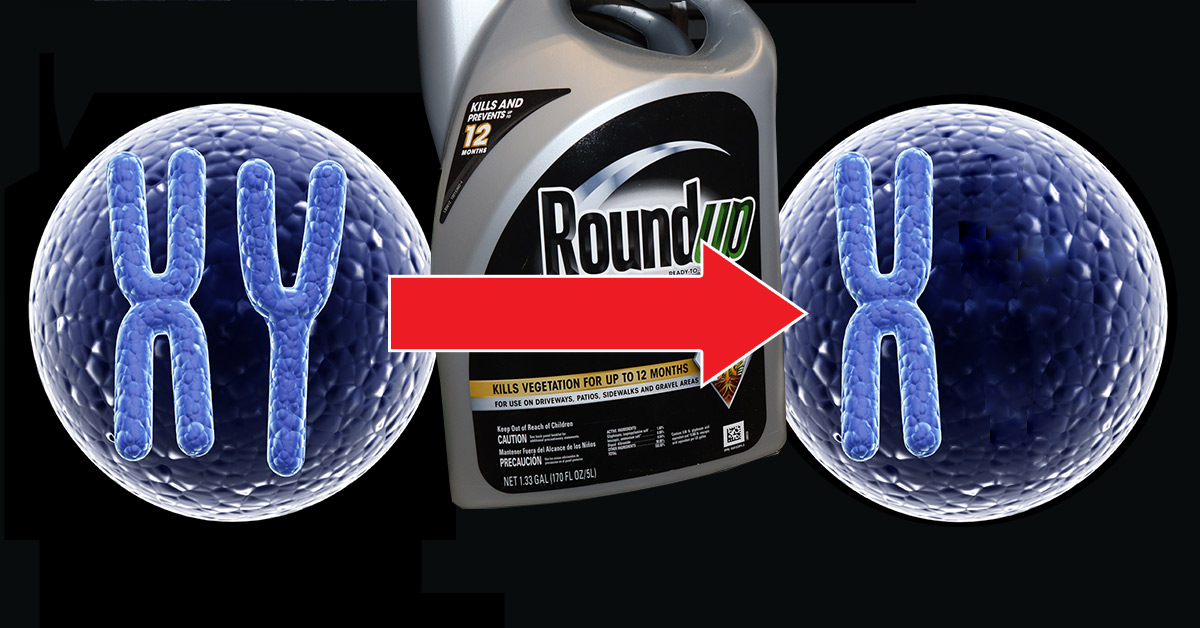
New paper is "critical step forward in filling knowledge gaps of glyphosate carcinogenicity in humans". Report: Claire Robinson
A new paper from the US National Institutes of Health reports indications of DNA damage among men applying Roundup and other glyphosate-based herbicides. DNA damage is concerning because it can lead to cancer. A commentary on the new paper published in the same issue of the journal, titled Important new evidence for glyphosate hazard assessment, calls it "a critical step forward in filling knowledge gaps of glyphosate carcinogenicity in humans".
The study's authors, Vicky C. Chang et al, were inspired to conduct their study because although mechanistic studies in human cells and animals support the genotoxic effects of glyphosate, "evidence in human populations is scarce". They analysed the blood, urine and mouth cells of licensed pesticide applicators in Iowa and North Carolina. They found links between lifetime occupational use and a marker of DNA damage known as mosaic loss of chromosome Y (mLOY). mLOY is a chromosomal alteration that is commonly detected in the blood cells of adult men, especially ageing men. It has been associated with blood cancers such as lymphoma, myeloma, and leukemia, as well as with Alzheimer's disease.
Results from the study suggest that greater lifetime glyphosate use was associated with higher prevalence of mLOY affecting at least 10% of cells. Associations were strongest among applicators aged 70 years or over, those who were never smokers, and those who were not obese. Particularly compelling is that the authors observed a dose-response relationship, with higher odds of mLOY as total lifetime days of glyphosate use increased.
The authors state that their findings on mLOY provide new insights into the biological mechanisms through which glyphosate may contribute to genomic instability, which is another key characteristic of carcinogens, beyond the mechanisms of direct DNA damage (genotoxicity) and oxidative stress (an imbalance in the body that can damage organs and result in cancer). The International Agency for Research on Cancer (IARC) classified glyphosate as a probable carcinogen based on "strong" evidence that it causes genotoxicity and oxidative stress.
As the commentary on the new paper says, "This work provides important mechanistic support for genotoxicity of glyphosate in an observational, population-based context."
The new study:
Chang VC et al (2023). Glyphosate Use and Mosaic Loss of Chromosome Y among Male Farmers in the Agricultural Health Study. Environmental Health Perspectives 131(12). CID: 127006. https://doi.org/10.1289/EHP12834










